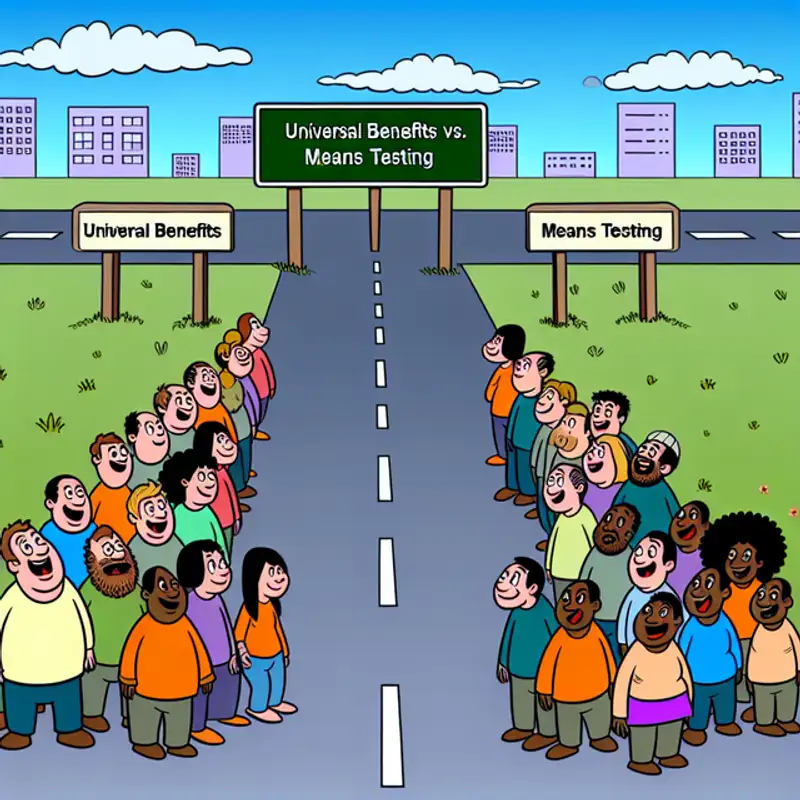 Episode
Episode
· 01:32
The article explores the challenges and implications of means testing for welfare benefits in the United States. It highlights that many eligible Americans do not receive assistance due to complicated bureaucratic processes associated with means-tested programs, which are designed to target aid to those in financial need. However, these programs often result in high administrative costs and can discourage individuals from pursuing better job opportunities for fear of losing benefits. Instead, the author argues for universal programs that simplify access and reduce stigma, citing examples like Minnesota's universal school meal initiative, which has successfully increased participation and decreased food insecurity. Although the implementation of universal benefits may require higher taxes, the overall efficiency and inclusiveness could significantly enhance the effectiveness of welfare programs.
Key Points:
Listen to jawbreaker.io using one of many popular podcasting apps or directories.